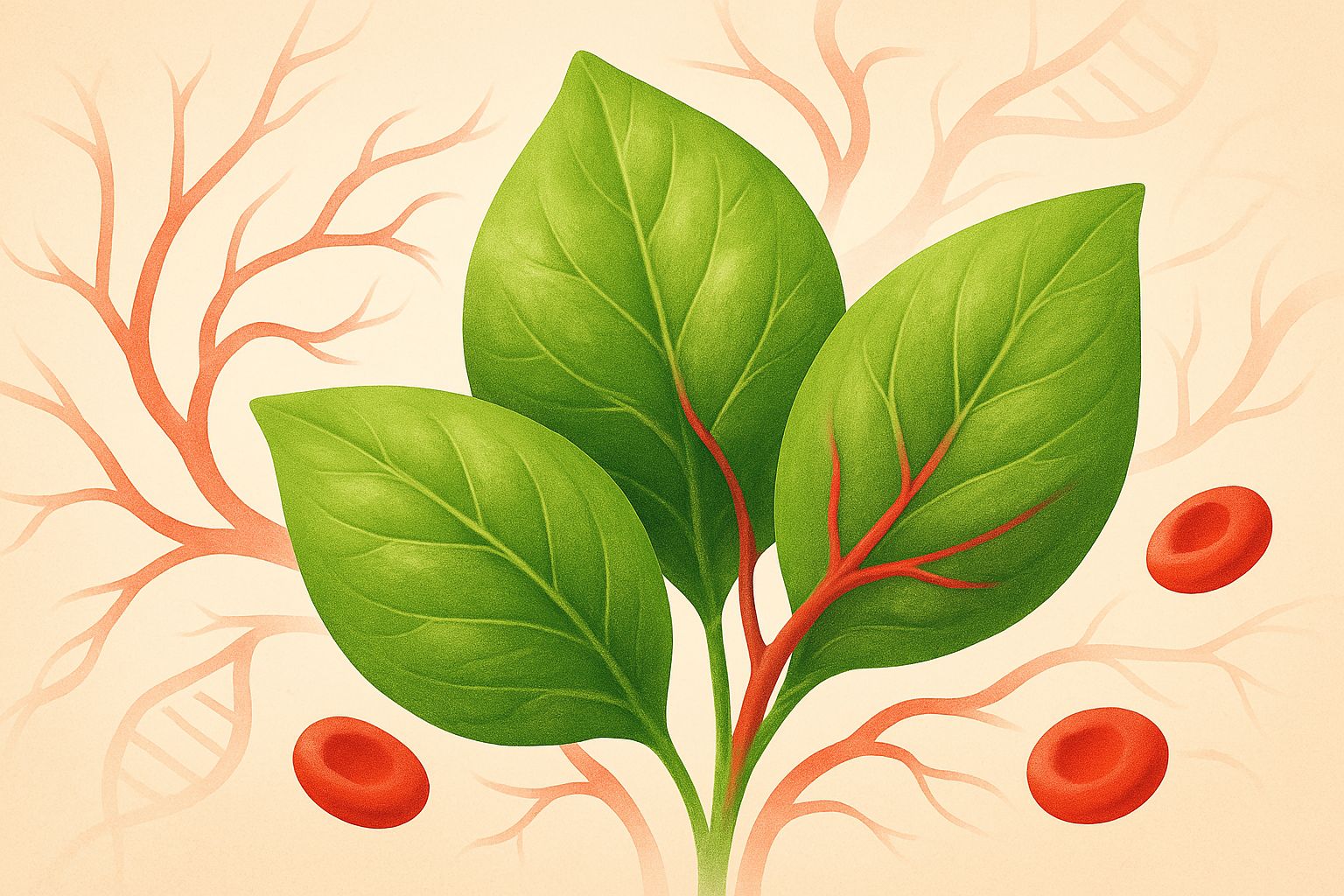
Most of us experience periodic lows, drops in mood. Unless these symptoms are of critical, disease-causing severity, it is possible (and worthwhile) to try to support ourselves with natural supplementation. Herbal stores offer many preparations that can help with mood dips, but today we will look at one interesting plant from remote areas of South Africa - Kanna. Kanna, or Sceletium tortuosum, is a relatively little-known plant in Poland, but its mechanism of action is unique and stands out from other herbal specifics.
- Canna's effect on mood
- Complex mix of actions on the central nervous system
- Possible involvement of immunomodulatory effects
- How to use Kanna to improve mood?
Canna's effect on mood
Although this plant has traditionally had several uses, including analgesic and antimicrobial, its effect on mood is its most important property.
The most popular group of antidepressants are SSRIs, or selective serotonin reuptake inhibitors. Their action is that they prevent serotonin that has not been used from being pulled back into presynaptic neurons. This allows more serotonin to remain in the synapse. It has the opportunity to attach to its receptors and produce its characteristic "happy" effect. The alkaloids contained in Kanna: mesembrin, mesembrenol and mesembrenone work in exactly the same way.
The problem with classic SSRIs is that they increase PDE4 enzyme activity over time. This is not a desirable phenomenon, as it can paradoxically weaken the effect of SSRIs. In a way, Kanna solves this problem, since it simultaneously acts as both a serotonin reuptake inhibitor and a PDE4 inhibitor. There are also data in the literature about the slight antidepressant effect of PDE4-inhibiting drugs, so there is a double synergy in Kanna's main mechanisms of action on mood.
Interesting fact: In South Africa, Kanna is registered as a relaxant and antidepressant.
Complex mix of actions on the central nervous system
Effects on serotonin and PDE4 are the most important parts of Kanna's mechanism of action, but not the only ones. There are more mechanisms that affect a better mood. However, its components (especially in sizable doses) have a much broader effect on the brain and its systems that control mood. This plant also has agonist effects on GABAA, µ-opioid, δ2-opioid, cholecystokinin-1 and melatonin-1 receptors.
Possible involvement of immunomodulatory effects
The study noted that Kanna has a mild anti-inflammatory effect, but does not block the increase in acute inflammation when a stimulus, such as a toxin, is present. This makes Kanna potentially useful in controlling chronic inflammation of mild severity. Such inflammation is one of the potential contributors to the development of depression. The researchers conclude that Kanna may have potential in attenuating symptoms of depression, which is dependent on inflammatory cytokines.
How to use Kanna to improve mood?
Practice shows that Kanna supplements are regarded as a remedy for mild depressive symptoms that do not yet require pharmacological intervention. Many people falling into a mental hole look to natural, herbal preparations for hope. Sometimes this is a good solution when a doctor gives the green light.
There are many indications that Kanna extract can work from the first dose, so even ad hoc use seems reasonable. For this purpose, doses of 25 or 50 mg of the extract are most commonly taken, depending on individual sensitivity.
When the goal is to improve daily well-being, such as during a heavier period with excess stress and psychological tension, it is best to use Kanna extract daily, or even twice a day - in the morning and evening. Even doses of 2x 25 mg are already getting good reviews.
Summary
Kanna effectively improves mood, and it does so through a very unique blend of different mechanisms of action. These mechanisms of action strongly distinguish Kanna from other phytotherapeutic raw materials, as none of the popular herbs have even a similar profile of action.
The alkaloids from Kanna bear a strong resemblance in action to highly effective psychiatric drugs, but clinical studies involving Kanna have noted very good tolerance to supplementation, with no troublesome side effects.
If you're looking for a natural way to improve your mood, Kanna supplements are undoubtedly worth considering.
Sources:
 ⮜ Previous article
⮜ Previous article
Folic acid and the circulatory system - what are the relationships?
 Next article ⮞
Next article ⮞